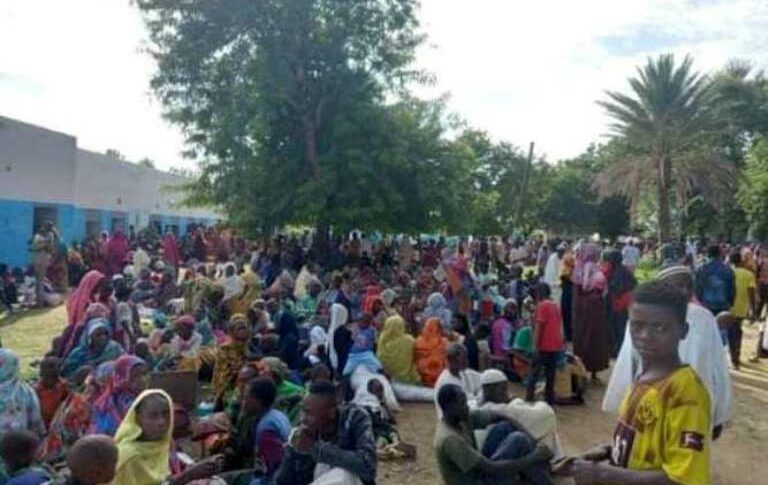Blue Nile
Three shepherds killed in Sudan’s Blue Nile region
September 6, 2022 (KHARTOUM) – Three shepherds were killed in the Blue Nile region on Tuesday, amid severe risks of a flare-up of tribal violence in the volatile area.
Gunmen from the Fulani tribe shot a shepherd from the Al-Raqariq tribe and two others in the Al-Haimura area of Gaissan locality, 90 km east of Al-Damazin, and fled to an unknown destination, a local activist Mohamed Omer told Sudan Tribune on Tuesday.
He warned against the resumption of tribal fighting and the inclusion of the Fulani, who originate too from Nigeria, in the ongoing conflict between the Hausa and the indigenous groups.
About 23 people were killed following a surge in tribal violence in the region. The renewed clashes follow violence in July that killed 182 people and forced over 37,000 to flee their homes.
The Blue Nile Governor, Ahmed Mayor Badi, announced the launch of a disarmament campaign as part of the government’s efforts to curb tribal fighting in the region.
Speaking from Omdurfa area, which witnessed bloody fighting last Thursday and Friday, Badi called for an end to hate speech and tribal fighting. He called on local officials to carry out their tasks and powers in supporting stability and the rule of law.
UNITAMS condemns
The UN mission to Sudan said concerned with the resurgence of violence in the Blue Nile.
“This recent eruption of violence in the Blue Nile region is part of an escalating uptick in intercommunal violence in Darfur and the Two Areas since the coup of 25 October 2021,” said UN Integrated Transition Assistance Mission in Sudan (UNITAMS), in a statement released on Tuesday.
Volker Perthes, UNITAMS head, voiced solidarity with the victims of the conflict and stressed the right to security of all the Sudanese.
Perthes further called to address the root causes of conflict and take concrete measures to enhance tolerance and peaceful co-existence.
“This growing trend of insecurity (…) is another reminder of the urgent need to overcome the current political impasse and form a functioning, civilian-led government to lead the transition towards the democratic rule and turn to the long-neglected needs and priorities of marginalized groups across Sudan,” Perthes underscored.
(ST)

